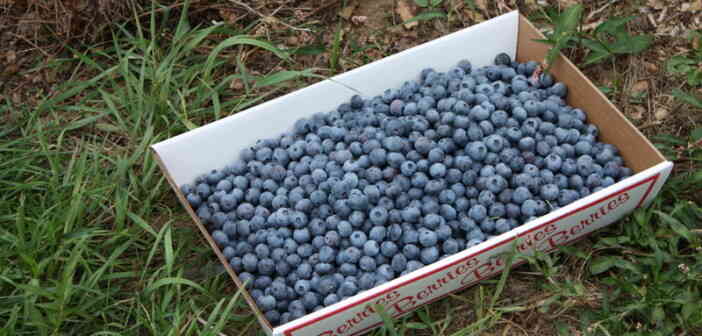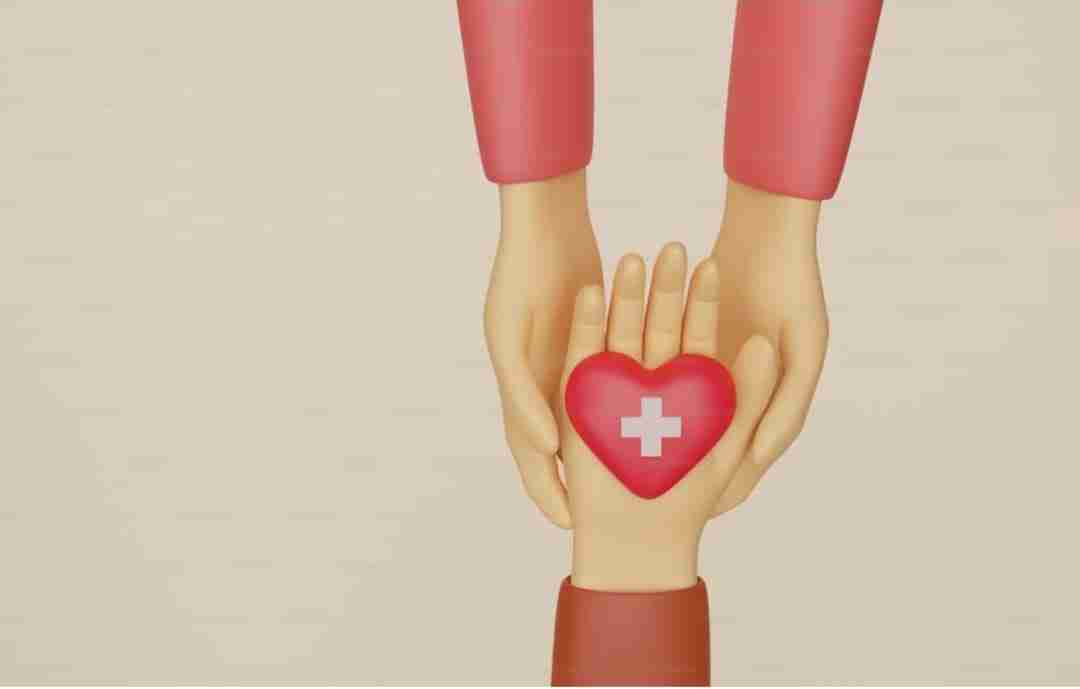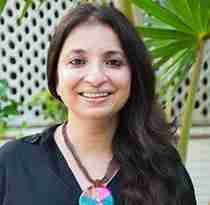Eating Green

A vegetarian diet can meet all your dietary requirements. Just make sure it is a balanced one, says nutritionist Sakshi Chawla.
Vegetarian diets of various descriptions have enjoyed increased popularity in recent years. Those who choose them may be motivated by philosophical, religious, or ecologic concerns or a wish to have a healthier lifestyle. Considerable evidence attests to the health benefits of a vegetarian diet. Epidemiological data, particularly from studies of Seventh-Day Adventists show that the diet results in lower rates of Type 2 diabetes, breast and colon cancer, and cardiovascular and gallbladder disease. However, data are not enough to prove that an omnivorous diet based on the recommended guidelines and combined with a healthy lifestyle is not equally beneficial (National Institute of Nutrition, 1990).
Is it really true that vegetarian diets are healthier? If yes, then why are we humans born with canines? Basically, vegetarian diets of all kinds are low-fat diets as compared to non-vegetarian food. Therefore, doctors and health nutritionists believe that diets rich in fruits and fresh vegetables are healthy. High-fat diets are normally believed to be responsible for obesity, heart disease, coronary heart disease, diabetes mellitus, and some forms of cancer. Eating meat (including red meat) is unhealthy only when certain limits are exceeded. No diet is more or less healthy as the human body requires all forms of nutrition. A balanced diet is therefore the key to a healthy life.
Of the 8 to 10 million people in the United States who profess to be vegetarian, most eliminate ‘red meats’ from their diet but eat fish, poultry, and dairy products (Tufts University, 1988). A lacto-vegetarian does not eat meat, fish, poultry, or eggs but does consume milk, cheese, and other dairy products; a lacto-ovovegetarian also consumes eggs. A true vegetarian, or vegan, does not eat any food of animal origin. The vegan diet is the only vegetarian diet that incorporates any real risk of obtaining inadequate nutrition, but this risk can be avoided by careful planning.
Vegetarian diets tend to be lower in iron than omnivorous diets, although the non-heme iron in fruits, vegetables, and unrefined cereals is usually accompanied either in the food or in the meal by large amounts of ascorbic acid that aids in ion assimilation. Vegetarians do not have a greater risk of iron deficiency than those who are not vegetarian (American Dietetics association,1997). Vegetarians who consume no dairy products may have low calcium intakes, and vitamin D intakes may be inadequate among them. The calcium in some vegetables is inactivated by the presence of oxalates. Phytates in unrefined cereals also can inactivate calcium; however this is not a problem in vegetarians, whose diet tends to be based more on the fruits and vegetable.
Long term vegans may develop megaloblastic anemia because of a deficiency of vitamin B-12, a vitamin found only in foods of animal origin. The high level of folate in vegan diets may mask the neurologic damage of a vitamin B 12 deficiency. Vegans should have a reliable source of vitamin B12 ,such as fortified breakfast cereal or soya beverages, or take a supplements, according to the American Dietetics Association,1997.
Well planned vegetarian diets are safe for infants, children and adolescents and can meet all of their nutritional requirements for growth. They are also adequate for pregnant and lactating women. The key is that the diet be well planned. Vegetarians should pay special attention to ensure they get adequate calcium, iron, zinc, and vitamin B12 and D. Although vegetarians tend to eat less protein than non vegetarians, the total intake is sufficient.
A Good Meal• No matter what kind of a vegetarian you are, a variety of foods should be included in the diet to meet all energy requirements.• This one is essential to all: Keep your diets free of high sugar and high fat foods; these are simply low in nutrient density.• Using unrefined or whole grain products is always the better option. If possible try to use fortified or enriched morning cereal.• Eat a variety of fruits and fresh vegetables, including foods that are good sources of vitamins A and C.• If you fall in the lacto-vegetarian category use skimmed or no-fat milk.• Eggs may be good because of their nutritional value but they are also very high in cholesterol so limiting intake is a good idea for all ovo-lactovegetarians.
ConclusionSo you see it really doesn’t make a difference whether you eat meat or you don’t, as long as you’re eating all that’s good for you and avoiding all that isn’t. What’s important is that you manage to get yourself a complete and balanced meal. Being healthy is the key to being happy, and like I said earlier it’s not about what you eat or how much you eat, it’s about eating the right thing!
Planning to go vegan? There are enough groups in your city to ensure you stay on the right nutritious track. Check out the following links:
http://sharan-india.org/home/try-vegan/
http://veganbengaluru.wordpress.com/
http://vegan-india.blogspot.com/
All photographs courtesy: Silver Talkies
Comments
You may like to read:

Health and wellness
Five Lifestyle Changes To Ease Bladder Control

jessica smith
5 mins read

Health and wellness
Five things to keep in mind when considering organ donation

sunayana singh, ceo of organ india, an initiative of the parashar foundation
3 mins read

Health and wellness
How NURA Uses AI-Enabled Screening to make a difference in Preventive Healthcare

Silver Talkies
4 mins read

Post a comment